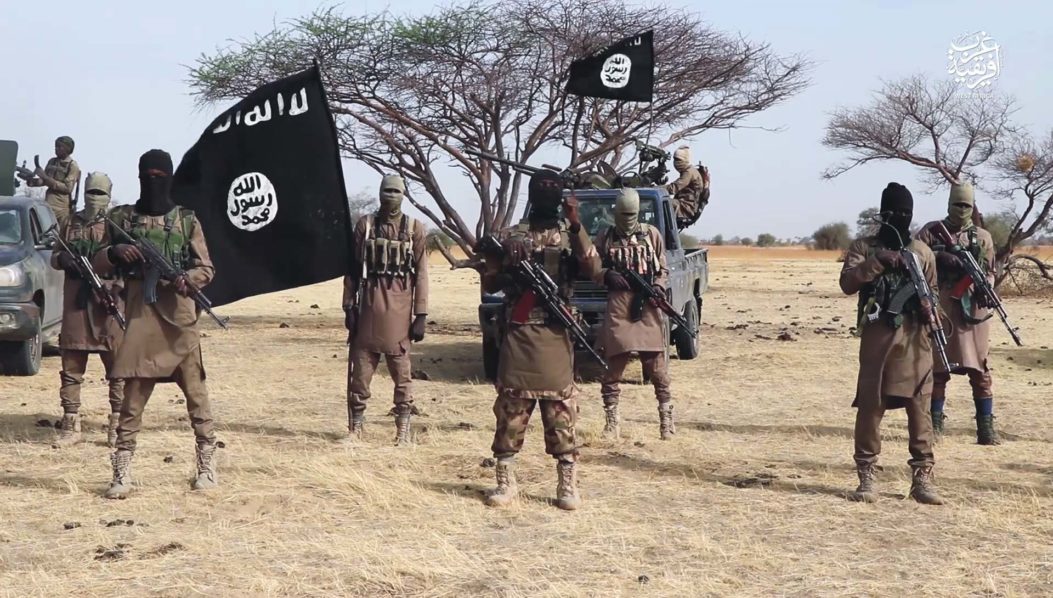Al-Shabaab is a militant group based in Somalia that has been designated as a terrorist organization by several countries, including the United States and the United Kingdom. The group was originally formed as a youth wing of the Islamic Courts Union, a group of Sharia courts that sought to establish an Islamic state in Somalia in the mid-2000s. In recent years, Al-Shabaab has become one of the most active and dangerous terrorist organizations in the region, and has been responsible for a number of high-profile attacks and kidnappings.
The group’s stated goal is to establish an Islamic state in Somalia and to impose a strict interpretation of sharia law. They have carried out a number of violent attacks, including suicide bombings and mass shootings, in an effort to intimidate the government and to force its withdrawal from the country. Al-Shabaab has also been involved in the kidnapping and killing of Western aid workers, journalists, and other foreigners.
Despite the efforts of the international community and the Somali government, Al-Shabaab continues to pose a significant threat to stability and security in the region. The group has been able to maintain a strong presence in some rural areas and continues to carry out attacks against government and military targets, as well as civilians.
One of the major challenges in combating them has been the group’s ability to adapt and evolve in response to changing circumstances. The group has been able to take advantage of the insecurity and poverty that persists in many parts of Somalia, and has been able to recruit new members and to maintain a strong base of support among the population.
The international community has taken a number of steps to try to address the threat posed by Al-Shabaab, including providing financial and military support to the Somali government, and working with regional organizations and neighbouring countries to try to isolate and weaken the group. In recent months, al-Shabaab has continued to attack African Union Mission in Somalia (AMISOM), civilians and the Somali state by launching attacks both within Somalia and in neighbouring Kenya. Somalia’s governance crisis is part of the issue and until it is resolved al-Shabaab will likely continue to capitalise on the many leadership divides and uncertainty.Despite these efforts, Al-Shabaab remains a significant and persistent threat to the stability and security of the region.




